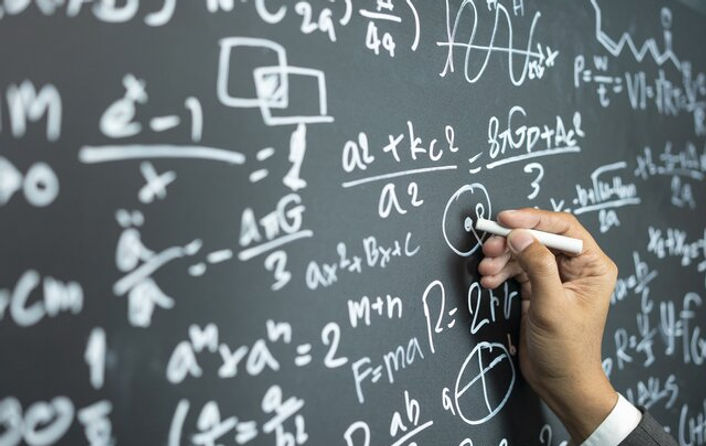Research


Optimizing the K-factor in Elo Rating Systems
Mentor: Miklós Bóna
Department: Mathematics
Timeframe: Jan 2024 - Present
Research Focus
The Elo rating system, developed by Arpad Elo in the 1950s, is used to measure the playing strength of chess players. It assigns each player a rating and updates it based off their performances against other players and their respective ratings. Although Elo ratings have seen near ubiquitous adoption within the chess world, little study has gone into one specific variable within its equations: the K-factor. In practice, it is often set arbitrarily based off a few heuristics. However, this research project seeks to mathematically optimize K-factor by minimizing the expected error between a player's true playing strength and the strength estimated by the rating system.
Investigation into Elo rating systems has applications that are not limited to just the chess world. For one, Elo ratings are used to measure skill in various other games like soccer, tennis, and e-sports. Additionally, the underlying mathematics behind Elo ratings can be used to model financial systems, artificial intelligence, and many natural processes.
Responsibilities
We seek to accomplish this by conducting novel calculations on the underlying equations of the Elo rating system using calculus and convolutions. More specifically, we can use a double integral to find the average distance between actual and estimated ratings for a single game. Then, by setting up a recursion and doing other algebraic manipulations, we can study how different K values impact the accuracy of ratings over a series of many games. By conducting these calculations, we hope to gain insights into possible optimizations of the Elo system. We will also confirm our theoretical results using Monte Carlo computer simulation.